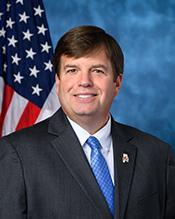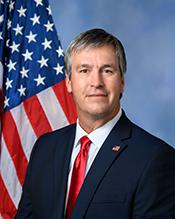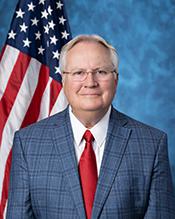0
To amend title 28, United States Code, to consolidate certain divisions in the Northern District of Alabama.
12/30/2024, 6:51 PM
Summary of Bill HR 7177
Currently, the Northern District of Alabama is divided into multiple divisions, each with its own set of judges and court staff. This can lead to duplication of efforts and inefficiencies in the administration of justice. The proposed legislation would merge some of these divisions to create a more cohesive and effective court system.
By consolidating divisions, the bill aims to reduce costs associated with maintaining separate court facilities and personnel. It also seeks to improve access to justice for residents of the Northern District of Alabama by ensuring that cases are heard in a timely and efficient manner. Overall, the Northern District of Alabama Divisional Realignment Act is designed to modernize and streamline the federal court system in the region, ultimately benefiting both the court system and the individuals who rely on it for justice.
Congressional Summary of HR 7177
This bill consolidates the seven existing divisions in the Northern District of Alabama into five divisions.
Read the Full Bill
Current Status of Bill HR 7177
Bipartisan Support of Bill HR 7177
Total Number of Sponsors
10Democrat Sponsors
0Republican Sponsors
10Unaffiliated Sponsors
0Total Number of Cosponsors
4Democrat Cosponsors
0Republican Cosponsors
4Unaffiliated Cosponsors
0Policy Area and Potential Impact of Bill HR 7177
Primary Policy Focus
LawPotential Impact Areas
Alternate Title(s) of Bill HR 7177
Comments

Mikayla Fischer
1 year ago
I can't believe they are trying to push this through! It's just another way for them to consolidate power and control. This is not what we need right now. It's going to have a negative impact on so many people. And did you know that this bill also includes provisions that could limit access to justice for marginalized communities? It's outrageous!

Donald Currin
1 year ago
Finally, they're consolidating divisions in Alabama. About time! Can't wait to see the changes.

Paulina Strickland
1 year ago
This bill consolidating divisions in Alabama, but what about long term consequences for citizens?

Wrenlee Gibbons
1 year ago
I don't understand why this bill is trying to consolidate divisions in the Northern District of Alabama. It seems like it could potentially limit access to justice for individuals in that area. How will this impact the community in the short term?

Jaime Riddle
1 year ago
I think this bill is good idea. It will help make things better in Alabama.

Maeve Blackwell
1 year ago
Not sure about this. How will it impact me?

Aylin Cassidy
11 months ago
I don't like this bill, it will make things worse in the long run.

Allison Webster
11 months ago
I don't like this bill, it's gonna mess things up for us in NH. #notgood




